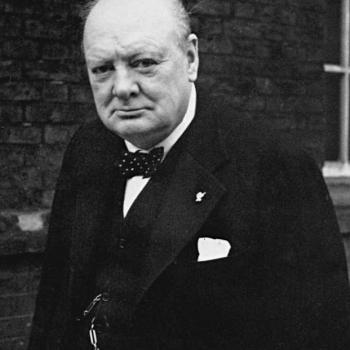Rachel Sheffield, policy analyst at the Heritage Foundation (and, let me add, BYU alumna), posted a valuable article.
just this morning at Public Discourse. (Public Discourse is a consistent go-to source, by the way, for intelligent discussion of the intersection of morality and politics – especially as concerns family questions.) The gist of her argument is that the “sexual freedom and experimentation” that “pervade our culture… jeopardize the outcomes that most people say they desire.” “The human heart longs for connection and fulfillment,” and this fulfillment is much more likely to be found in stable marriages than in “hooking-up” and in the improvised relationships (including, sometimes, less stable and fulfilling marriages) that tend strongly to issue from the hook-up culture.
This will not be a news-flash, of course, to those for whom the practical value of traditional moral restraints and social practices reinforced by the shared opinions and standards of an authoritative community remains a matter of common sense. A somewhat literate old-timer might even be reminded of this stanza from Kipling’s “Gods of the Copy-Book Headings”:
On the first Feminian Sandstones we were promised the Fuller Life
(Which started by loving our neighbour and ended by loving his wife)
Till our women had no more children and the men lost reason and faith,
And the Gods of the Copybook Headings said: “The Wages of Sin is Death.”
But given the rarity now of such formerly Copybook-obvious (and Biblically grounded) common sense, surely Kipling would not contest the usefulness of the social-scientific studies Sheffield cites in support of a more traditional marriage culture. (But then, come to think of it, we haven’t even had “copy-books” for a long time, have we? Society forbid we should make a child “copy” anything…)
There would be no point in my reviewing Sheffield’s nice review of some of this social science. I just want here to note her observation that deliberate choices marked by solemn public ceremonies that embed the individuals’ choices in a supportive “social network” are much more likely to lead to solid and long-term personal fulfillment than is the typically thoughtless exercise of a “freedom” driven by immediate physical and emotional gratification. People who follow their immediate inclinations (who at the same time follow the increasingly pervasive cultural norm of sexual permissiveness) may tell themselves (and be told) that they are “freer” than earlier generations, and in general freer than unenlightened peoples restrained by traditional norms (and the communal incentives of honor and shame that go with them), they are “sliding” rather than “deciding” – driven by desires and by a society that puts glorifies desire from one unconsidered but consequential commitment to another. Cohabitors often “slide” into marriage, but these marriages tend to be, well, slippery.
“Freedom” understood as permission for immediate gratification induces “sliding” as opposed to real “deciding.” “There is no freedom without virtue” would be a compact – if, again, old-fashioned – way of expressing this social-scientific finding. But the studies Sheffield reviews help us extend this point to another which is perhaps no longer obvious: there is no virtue without a virtuous community, by which I mean, not a community that practices perfect virtue, but simply a community largely defined by its commitment to shared standards of moral restraint. Virtue depends upon community.
And what do “communities” depend upon? Now there’s a big, but unavoidable question. Hint: the answer involves… the Soul and the City. To be continued.











